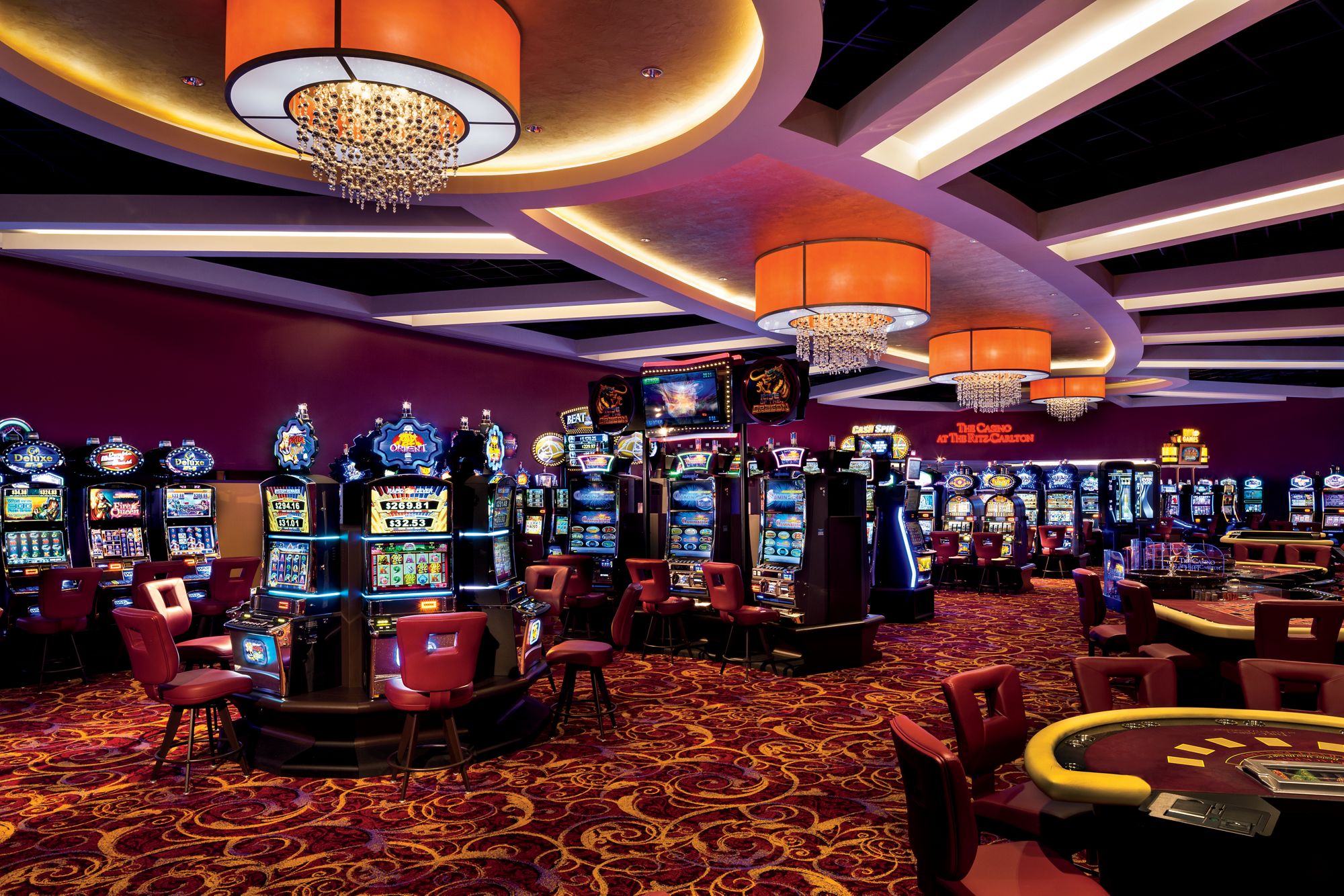Gambling games have captivated players for centuries, transforming from easy diversions to sophisticated forms of entertainment that integrate fortune, tactics, and fun. From the historical origins of gambling in cultures like the ancient societies of Mesopotamia and Rome to the glitzy corridors of modern casinos, the history of these games reveals much about the human experience and our interaction with risk. As societies have intertwined and technological advancements have occurred, casino games have changed, mirroring societal changes and innovations in gameplay.
The initial iterations of gambling likely involved simple dice-based games and placing bets on the outcomes of athletic contests. Through the years, these primitive activities grew into better-organized games like playing card games, the game of roulette, and the myriad one-armed bandits that line casino floors today. Each era brought its unique rules, aesthetics, and cultural importance. At present, casino games continue to evolve with the rise of internet-based platforms, enabling players from various parts of the world to engage in a collective experience, further blending the traditional with the digital age.
Ancient Origins of Gaming Activities
Gaming activities have foundations that stretch back to ancient societies, where betting was strongly integrated in cultural traditions and social customs. The earliest known instances of betting appeared in Mesopotamia around 3000 BC, including basic dice activities made from knuckle bones. These initial activities laid the basis for more complex betting activities, demonstrating humans’ natural desire to pursue fortune and amusement through chance.
As societies developed, so did their betting interests. In ancient Chinese culture, around 2300 BC, objects were found that looked like early basic versions of a lottery activity. More organized instances of betting arose in the ancient Roman Empire, where activities of luck were a common pastime, often taking place in community gatherings. The Romans developed multiple betting games, which entailed dice and table activities, illustrating the pervasive nature of betting across various economic strata.
With the flow of years, these primitive games shaped the progress of contemporary casino games. In the medieval period, playing card games emerged prevalent in European culture, paving the way for the organized gaming establishments we know today. The transition from informal betting to organized gambling in pubs and private homes marked a major shift in how people interacted with activities of luck, leading to the subsequent establishment of gaming houses as dedicated places for betting.
The Growth of Modern Gambling Industry
The final 20th century marked a significant transition in the realm of gambling games, propelled by technological progress and transformations in societal views towards betting. The introduction of personal computers and the internet revolutionized the way players engaged with their preferred games. Online casinos emerged, allowing players to enjoy timeless casino classics like poker and blackjack from the convenience of their homes. This new digital landscape not only broadened availability to casino games but also drew in a younger demographic who found the comfort and variety appealing.
As digital gaming gained momentum, so did developments in gaming technology. The development of sophisticated programs and graphics transformed classic casino games into immersive adventures. Players could now interact with live dealers through live feeds, bringing the feel of brick-and-mortar casinos directly into their living rooms. This fusion of in-person play with digital interfaces created a unique hybrid experience that elevated the social aspect of gambling, allowing it possible for people to connect and challenge with others around the world.
Furthermore, the rise of mobile gaming significantly changed the casino landscape. With the ubiquitous use of smartphones and tablets, players can access their favorite casino games everywhere, at any time. Mobile apps offer a wide selection of games customized for touchscreens, catering to the dynamic lifestyle of modern users. This availability has led to rising engagement in casino games, contributing to the surge of the gaming industry. As a result, the prospects of gambling continues to develop, responding to technological advancements and shifting consumer preferences.
How Technology Influences Casino Games
The evolution of technology has significantly transformed casino games, improving the overall experience for players for players around the world. As the internet emerged, online casinos emerged, allowing players to play their preferred games from the comfort of their homes. This shift not only made casino games more accessible but also expanded the variety of games available, as online platforms could offer many different versions of traditional games without the limitations of physical casinos.
Mobile technology further revolutionized the casino gaming landscape. With the proliferation, players now have the ability to play casino games whenever and wherever they want. This flexibility has resulted in the creation of dedicated mobile applications and optimized websites that offer smooth gaming experiences. Additionally, innovations such as live dealer games have brought the authentic atmosphere of a casino into players’ living rooms, connecting between physical and online gaming.
Moreover, advancements in artificial intelligence and VR are paving the way for the next generation of casino games. AI improves game design and player interaction, creating customized experiences based on user behavior and preferences. Ae888 Meanwhile, virtual reality offers immersive environments where players can interact in a simulated casino setting, making the gaming experience more engaging and realistic. As technology continues to evolve, the future of casino games seems bright, filled with endless possibilities for advancements and entertainment.
Casino Ae888

